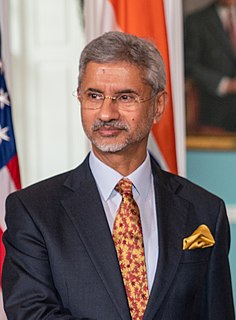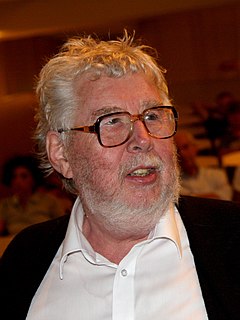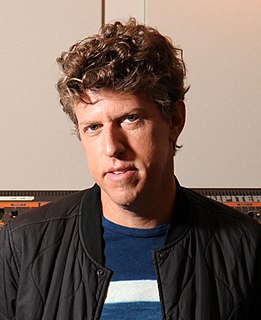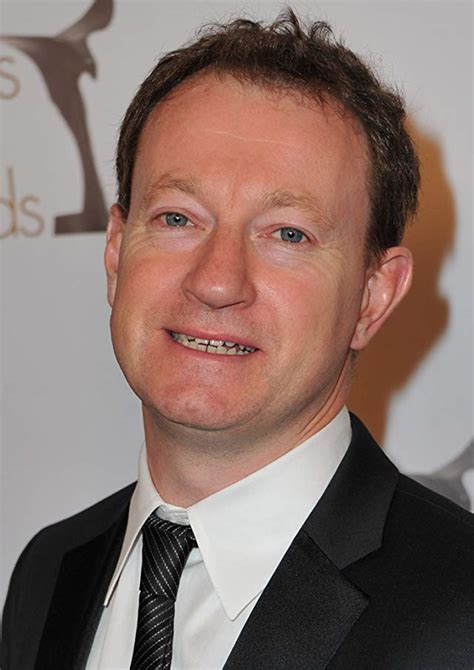A Quote by Marilyn Hacker
What I like about Sapphics is the music of a non-iambic metric in English.
Related Quotes
We are all human, and we are all able to listen to music that we cannot understand. I used to listen to English music like Notorious B.I.G., and I didn't know what he's talking about in all of his tracks, but I'm a fan. It's rhythm and a groove that makes me dance, so I'm convinced that my music can work in the U.S.
I learned to stop being English about things like love. If you make a film in England about love, it's hugely complicated. It's all about saying what the weather is like, and you're secretly telling someone you love them. You know what the English are like; they're very repressed people. You don't get that in India. India is incredibly un-cynical about love. It's a not a complicated thing. It's me, you, love. Let's go.






































